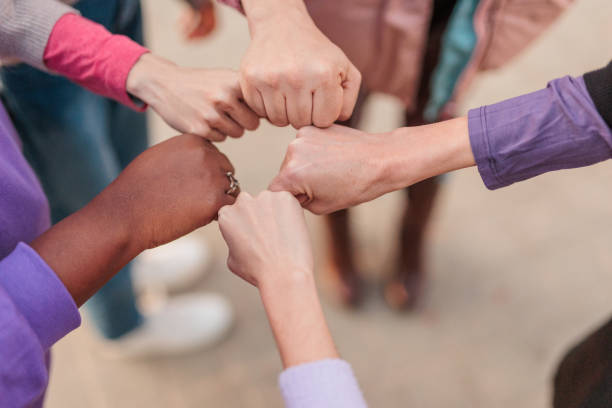
Today, we talk about feminism. My current favorite feminist quote reads thus: “Feminism is the radical notion that women are people.”
Case in point, I attach the excerpt of legal proceedings from England in the year 1914 where Gwyneth Bebb sued for her rights to be admitted to the law society. Looking back from the year 2024, it may seem absurd. However, it is important to remind us that women had to fight to be in the places they are in. We were never just allowed to. The right to be a lawyer, to be a doctor, to be anything other than a gendered role.
“Gwyneth Bebb, upon being denied admission to the Law Society to take the preliminary examination to become a solicitor, took the matter to court. In Bebb v. Law Society, the Court of Appeal stated that the question of whether the gender-neutral language of the statutes meant that women could gain admission to the bar was settled through “long usage” in the common law and found that women were not included under “persons” in the Solicitor’s Act of 1843. Additionally, women were considered to have an additional disability at common law, namely that after marriage they are not able to enter into contracts with third parties. As every woman held the potential of being married, this disability was also applied to unmarried women.”
Culled from the Legal Information Institute, Cornell Law School.
In 1919, the Sex Disqualification Act was passed, making it illegal to bar women from the legal profession. Everytime you hear a sentence go thus, “The first woman to…“ in big 2024, for a situation based completely on intellect, look at it for the forced closed door situation it is, for the discrimination it is. No one of sound and rational mind would argue that women are intellectually inferior.
The rest of this will be a few excerpts of court rulings on how women came to be recognized as persons, to be “allowed” or “permitted” to vote and to own property. It is still outrageous to say even now. You might be tempted to believe the world has improved since then, but has it really?
“ In 1789, the United States Constitution was ratified. The terms “persons,” “people,” and “electors” are used, allowing the interpretation of those beings to include men and women. 1839: The first state (Mississippi) grants women the right to hold property in their own name, with their husbands’ permission.”
“In 1875 Minor v. Happersett, 88 U.S. 162 (1875): The U.S. Supreme Court declares that despite the privileges and immunities clause, a state can prohibit a woman from voting. The court declares women “persons,” but holds that they constitute a “special category of nonvoting citizens.”
“ On August 27, 1927, they petitioned the federal government to refer the issue of the eligibility of women to be senators to the Supreme Court of Canada. This petition was the foundation of the Persons Case, a leading constitutional decision.”
In the year 2024, which means two thousand and twenty-four years at this time, it has only been a hundred years since women started to step into rooms where decisions affecting the other half of the population are made.
What fights against the equal rights of women isn’t men. The enemy of the feminist movement isn’t men. It is society. Made of women and men alike. Not everyone has to identify with a cause and similarly, not everyone gets to oppose a cause just because.
